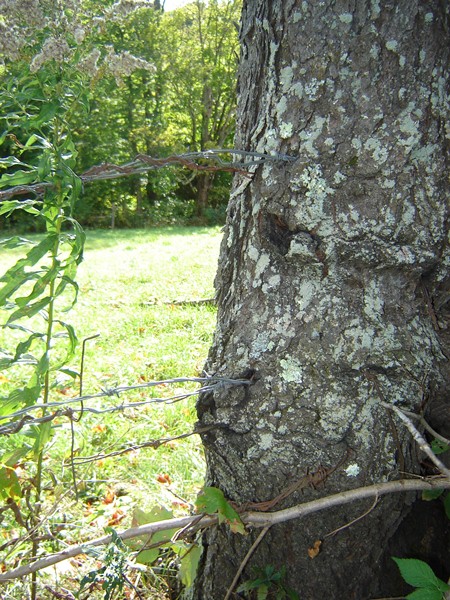Excerpt from the Abridged version of the chapter Prayer from the book, 21st Century Science and Health
Mistakes are made every day. Quite often we are sorry, especially for the mistakes that hurt other people and the living environment. The sorrow leads us to self-help books, groups, and exercises, to reform. Then comes the hard part when we have to face and admit the hurtful, fearful, stupid thoughts and behaviors—sometimes called sins—and figure out how not to repeat them. We have to figure out how to reform.
 Reformation is confusing because the religious culture has indorsed the nonsense that prayer can be used to confess our sins and thereby make us free. But, mere confession carries no lasting weight. Then there is the secular society demanding the law of justice. “Truly I tell you, you will not get out until you have paid the last penny.” (Matthew 5:26) Pay a fee and you are good-to-go. Scenarios of confessions and punishments and rewards can mislead our prayers and make reformation problematic.
Reformation is confusing because the religious culture has indorsed the nonsense that prayer can be used to confess our sins and thereby make us free. But, mere confession carries no lasting weight. Then there is the secular society demanding the law of justice. “Truly I tell you, you will not get out until you have paid the last penny.” (Matthew 5:26) Pay a fee and you are good-to-go. Scenarios of confessions and punishments and rewards can mislead our prayers and make reformation problematic.
Divine Science reveals that off in its own little world are untrustworthy, asinine, greedy thoughts duly interconnected to their own suffering and self-destruction. God is not influenced by this little world created in the human mind. Reformative prayers can stand on the fact that we aren’t changing a sinner into a saint but that sin is destroyed while saintliness is admitted. In divine Science, reform isn’t another method of morphing, but is a challenge to shine your light. If a person feels depressed, the depression isn’t re-formed into empathy, but we wake up to empathy, compassion, love, and principled behavior. Darkness is not turned into light. Light shines and the darkness is naturally displaced. This rule is also effective when praying for physical healing. Realize that a sick body isn’t made better but sickness is destroyed as health is admitted. We read in I John, “The reason the Son of God appeared was to destroy the devil’s work.” (I John 3:8)
Don’t be fooled by the whole sin thing. We weren’t born sinners. We do however commonly believe we were born human beings, vulnerable to what has been dubbed sin. When we are not in tune with our spiritual beingness, we wander off into dumb-dumb land. Oddly, after a mistake or sin has been committed, human beings may overlook them, but unless the sin is destroyed, it will continue to cause suffering. It is vain to believe sloppy or unfinished work will be excused. Jesus was recorded to have adamantly exposed sin before destroying it even saying to Peter, “Get behind me, Satan! You are a stumbling block to me; you do not have in mind the concerns of God, but merely human concerns.” (Matt. 16:23) In the field of divine Science, a strong mental stand on the side of God, Love, is necessary in prayer.
A strong stand doesn’t necessarily mean a loud hyped-up prayer. Audible prayers can be impressive but we aren’t here to impress or be impressed. We express, God, Love. Once we understand what God is all about, we can detect and dismiss that which is not like God, Spirit. Christ Jesus said, “Every tree that does not produce good fruit will be cut down and thrown into the fire.” (Luke 3:9)
Sickness, disease, and death are not good fruits therefore Christ Jesus taught us how to destroy the thoughts supporting sickness and death—through honest and informed prayer. The prayer can’t be bought with payments or used as a cover-up. The prayer can’t be muddling around in superstition, idolatry, creeds, or ignorance. The prayer can’t be pretentious. The prayer must fit the times and needs. Sound knowledge is part and parcel to effective prayers. After testifying that people were zealous for God, Paul though told the Romans, “Their zeal is not based on knowledge.”

